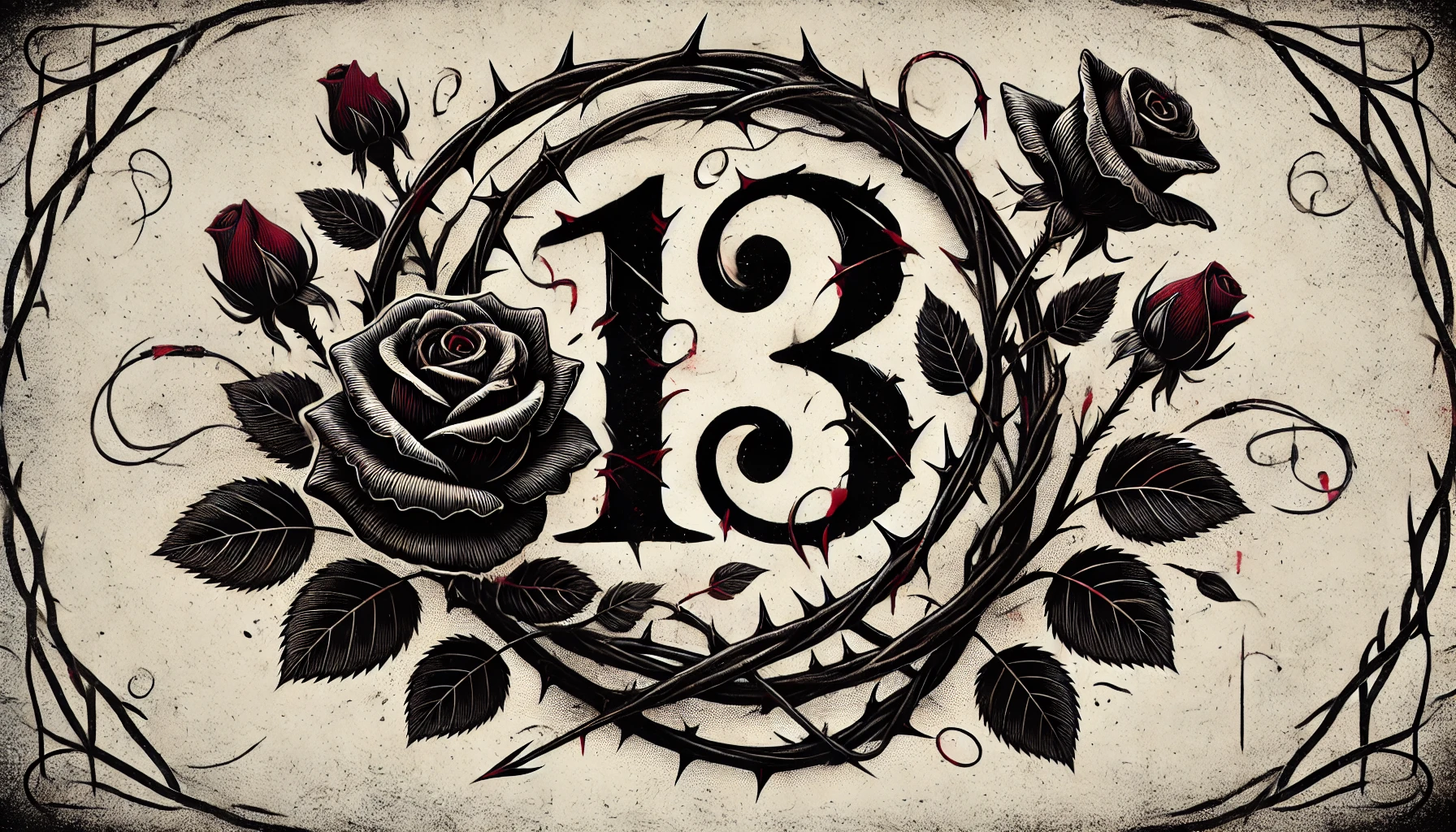Friday the 13th: A Day of Magic, Misconceptions, and Feminine Power
For centuries, Friday the 13th has carried an air of mystery, often feared, yet deeply misunderstood. While modern superstition marks it as a day of bad luck, history tells a different story. Friday the 13th was once a sacred time of transformation, femininity, and mystical power. But how did it go from divine celebration to widespread superstition? The answer lies in religion, history, and shifting cultural narratives.
The Feminine Origins of Friday the 13th
Long before Friday the 13th was seen as unlucky, it was a day of the goddess. In Norse mythology, Friday belonged to Freya, the powerful deity of love, beauty, sexuality, and magic. As one of the most revered goddesses, Freya embodied fertility, sensuality, and wisdom, making Friday a day of feminine strength and transformation.
The number 13 reinforced this sacred connection. Many ancient societies followed lunar cycles, with 13 full moons occurring in most years. These cycles governed fertility, menstruation, and creation, tying 13 to female power and nature’s rhythm. In pre-Christian traditions, Friday the 13th was a time to embrace renewal, love, and personal growth, rather than fear misfortune.
The Role of 13 in Ancient Mysticism
The number 13 was revered across civilizations. In ancient Egypt, it was seen as the final step toward the afterlife. Egyptians believed in 12 earthly stages, with the 13th representing ascension and eternal happiness. Far from being a symbol of misfortune, it signified transcendence and transformation.
In numerology, 13 reduces to 4 (1+3), a number associated with stability and strength. While some traditions view 13 as a “karmic” number representing challenge and growth, it is not inherently negative, it represents rebirth and transformation.
How 13 Became “Unlucky”
Despite its revered history, 13’s reputation shifted due to religious and historical influences. In Christianity, 13 became associated with betrayal, the Last Supper had 13 attendees, with Judas, the infamous betrayer, marking the unlucky number. Additionally, Jesus was crucified on a Friday, which contributed to Friday being viewed as ominous.
One major historical event further solidified Friday the 13th’s reputation for disaster. On Friday, October 13, 1307, King Philip IV of France ordered the mass arrest and execution of the Knights Templar, a powerful religious and military order. Their sudden downfall on this date led to long-lasting associations between Friday the 13th and catastrophe.
The Psychology Behind the Fear
Despite superstition, studies show no significant increase in accidents, disasters, or financial losses on Friday the 13th compared to other days. Instead, our perception plays a key role, confirmation bias makes us notice bad events more when we expect them. If someone anticipates misfortune on Friday the 13th, they are more likely to interpret ordinary mishaps as proof that the day is cursed.
Similarly, fear is reinforced by pop culture. The “Friday the 13th” horror franchise, filled with eerie symbolism and masked killers, ingrained the idea that the day is one of terror. Over time, media transformed an ancient celebration into a nightmarish superstition.
The Power of 13 in Witchcraft and Transformation
Despite its modern stigma, Friday the 13th remains a powerful day in witchcraft and mysticism. Traditionally, covens were believed to consist of 13 members, reinforcing the idea of unity and spiritual completeness. In modern magical practices, Friday the 13th is considered an ideal time for personal empowerment, breaking barriers, and embracing change.
In alchemy and occult teachings, 13 represents death and rebirth, not in a literal sense, but as a symbol of transformation and new beginnings. It is the number of breaking limitations and stepping into personal strength, rather than one of bad luck.
Reclaiming Friday the 13th
Instead of fearing Friday the 13th, what if we reclaimed it as a day of empowerment, feminine force, and reflection? Rather than avoiding action, it could be a time to embrace boldness and renewal, whether through self-growth, magic, or personal breakthroughs.
In truth, Friday the 13th is only as powerful as we allow it to be. Rather than a cursed day, history tells a different story, one of wisdom, transformation, and sacred energy. Perhaps it’s time to see Friday the 13th not as a day of dread, but as a celebration of strength, sensuality, and magic.

